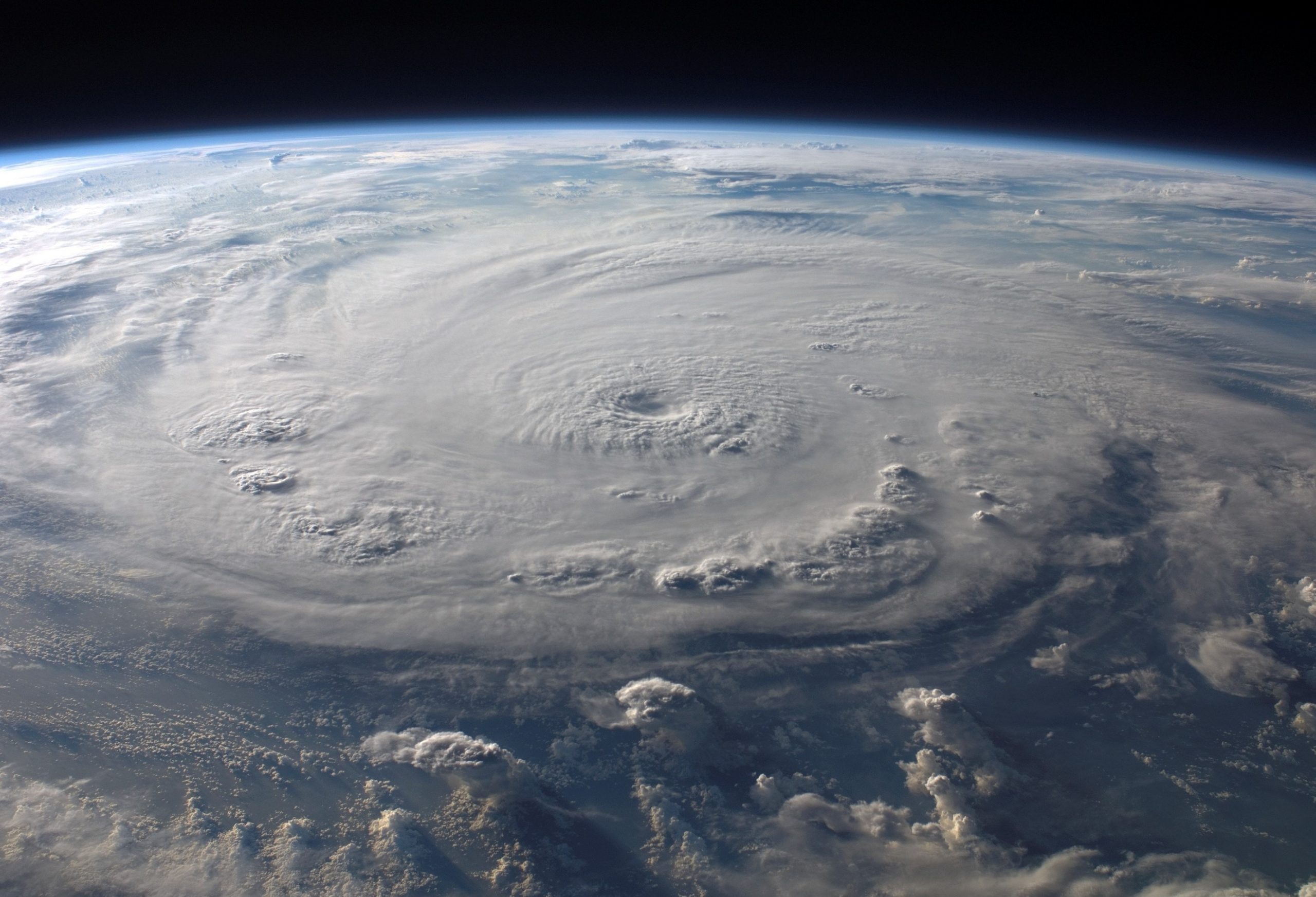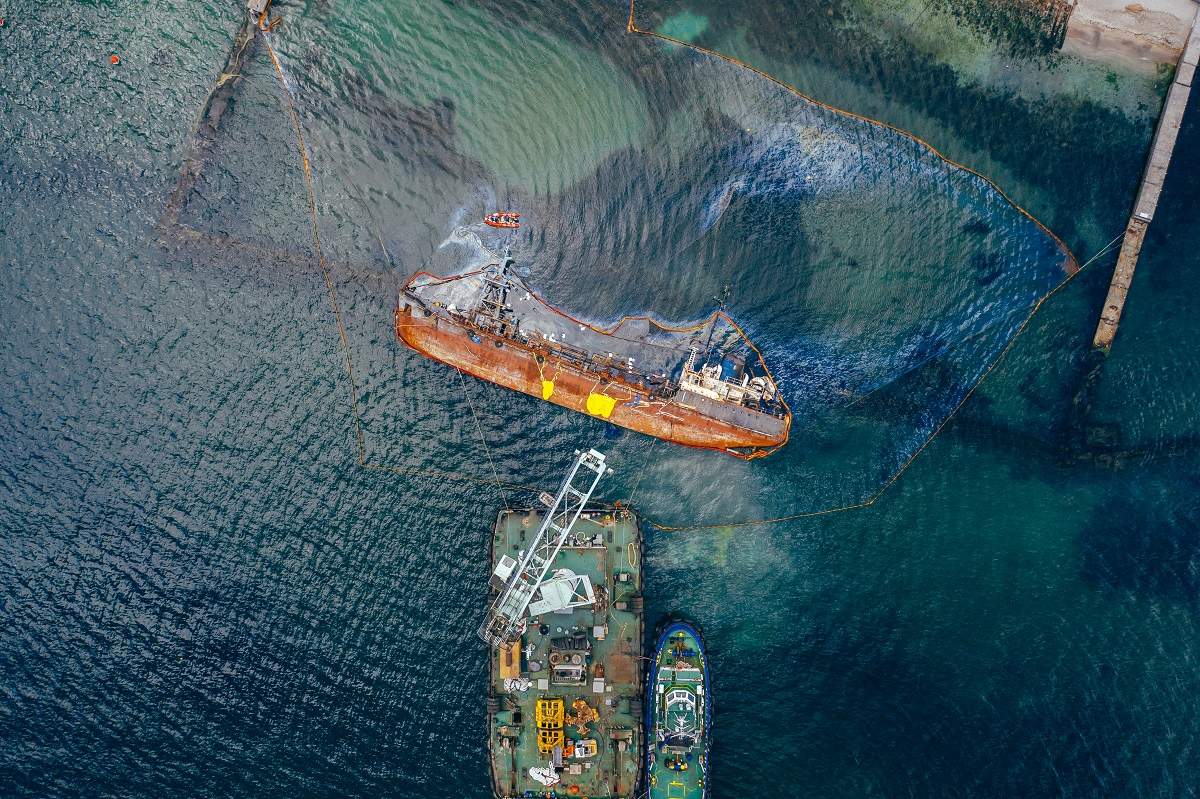Author: admin
Solid Earth Sciences
The topics in the Solid Earth Sciences including but not limited to:
- Geodynamics, covering the physical and chemical evolution of the Earth
- Petrologic processes and mineralization
- Present and the past environments
- Tectonic processes that affect the crust and upper mantle, ranging from structural geology, volcanology, to plate tectonics
- New methods, new ideas, new models
Ocean Sciences
The topics in the Ocean Sciences including but not limited to:
- Physical oceanography
- Global ocean circulation and climate
- Coastal and marginal seas
- Ocean biogeochemistry
- Marine ecosystem
- Environmental oceanography
- Hydrography and ocean mapping
Atmospheric Sciences
The topics in the Atmospheric Sciences including but not limited to:
- Extreme weather events
- Weather forecast
- Atmospheric physics and dynamics
- Middle and upper atmosphere
- Climate variability
- Biometeorology
Natural Resources
The earth have been providing humanity with valuable natural resources. These resources include energy, minerals, air, water, soil, plants, and animals. The time is now for us to promote discussion on how to utilize the earth’s vast natural resources to further advance human civilization with keeping “sustainability” in mind.
Earth Data Sciences
Currently by means of advanced sensors, whether in situ observation or sensing remotely, coring, inverse methods, and modelling, we have such a BIG Earth Data and the Science behind it. If you work with any data belongs to the hydrosphere, geosphere, atmosphere, cryosphere and or biosphere of the earth, we cordially welcome you here to give talks and fruitful discussions in order to sustain civilization on earth.
Geo-hazard Environment
Devoting to theoretical and applied aspects across the whole spectrum of geo-environmental hazard, but not limited to earthquake, tsunami, volcano, landslide, and flood. We encourage studies that implement multi-disciplinary science, innovative methods, and practical implementation to evaluate and assess the corresponding hazard and its mitigation aspects. Analyses of risk and hazard assessment are crucial for disaster management.
Climate System
The interaction between the ocean, atmosphere and cryosphere governs our earth’s climate. In between, the behavior of the biomass and anthropogenic activity highly contribute to the system. In this topic, we invite you who works on any component falls to the climate system on the global or regional scale, paleo-oceanography, paleoclimate, – by means of diagnostic, analytical, and or modeling methods.
Abstract Submission Deadline
July 5, 2024










